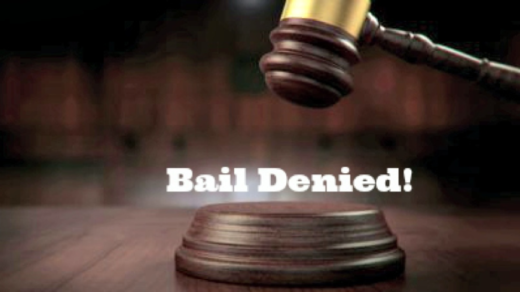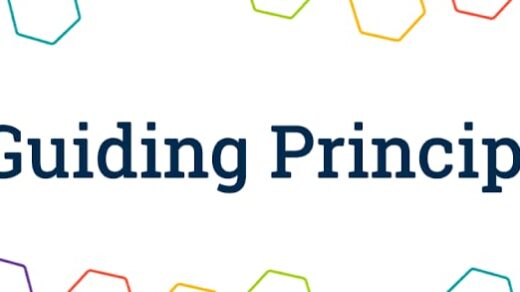The criminal justice system in Kenya incorporates a nuanced approach to handling offenders through diversion, allowing for rehabilitation rather than immediate prosecution.
Understanding the procedural intricacies of pre-charge and post-charge diversion is essential for legal practitioners, offenders, and the public alike.
This article explores the specific steps involved in both pre-charge and post-charge diversion scenarios, emphasizing the role of Public Prosecutors in seeking alternative resolutions.
Pre-Charge Decision on Diversion
Offender in Custody
If an offender is in custody, and a Public Prosecutor decides to divert them after the charge is registered but before it is filed in court, a formal application to the court for an extension of time is required. This application allows the Public Prosecutor additional time to explore diversion options.
The court may grant an extension, providing a future date for mention. During this time, diversion proceedings take place.
Upon successful completion of the diversion process, the Public Prosecutor applies to have the charge withdrawn, reflecting the rehabilitative success of the diversionary approach.
Offender not in Custody
In cases where the offender is not in custody, the Public Prosecutor has the flexibility to file the charge at any time. This streamlined process enables the initiation of legal proceedings without the need for an extension or delay.
The absence of custody constraints allows for a more adaptable and efficient approach to filing charges, underscoring the importance of tailoring procedures to individual circumstances.
Post-Charge Diversion
Decision to Divert After Charge Filing
If a Public Prosecutor decides to divert an offender after a charge has been filed in court, a different set of procedures comes into play.
The Public Prosecutor applies to defer the plea, seeking a future date for mention. This deferral allows the diversion process to unfold without immediately progressing to the plea stage.
Completion of Diversion and Charge Withdrawal:
Following the completion of diversion, the Public Prosecutor takes the crucial step of applying to have the charge withdrawn. This signifies the successful diversion of the case away from traditional criminal proceedings.
The withdrawal of the charge reflects the rehabilitation and compliance of the offender with the diversionary conditions, reinforcing the rehabilitative intent of the criminal justice system.
Conclusion
The dual pathways of pre-charge and post-charge diversion in Kenya exemplify the adaptability and rehabilitation-focused approach of the criminal justice system.
By allowing Public Prosecutors the flexibility to navigate these distinct processes, the legal system can tailor responses to the unique circumstances of each case, promoting a more just and rehabilitative resolution for offenders.




